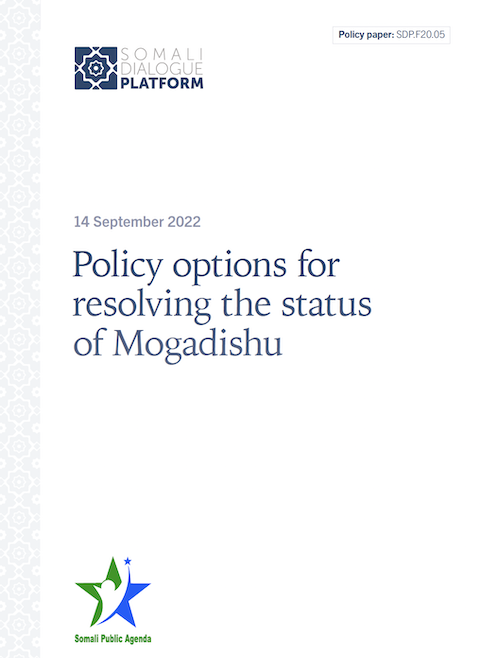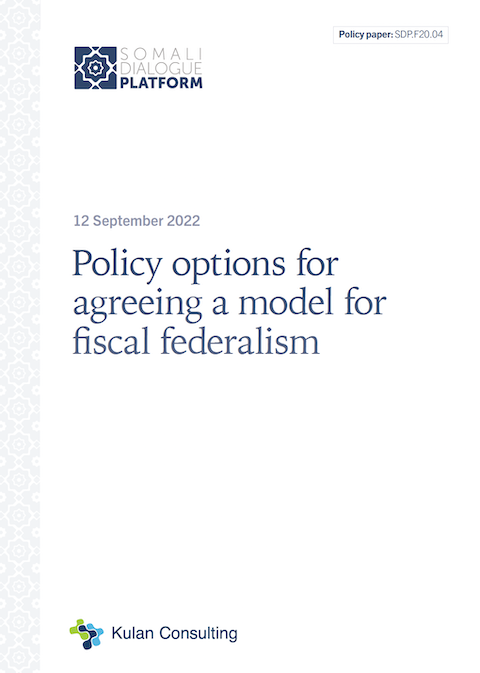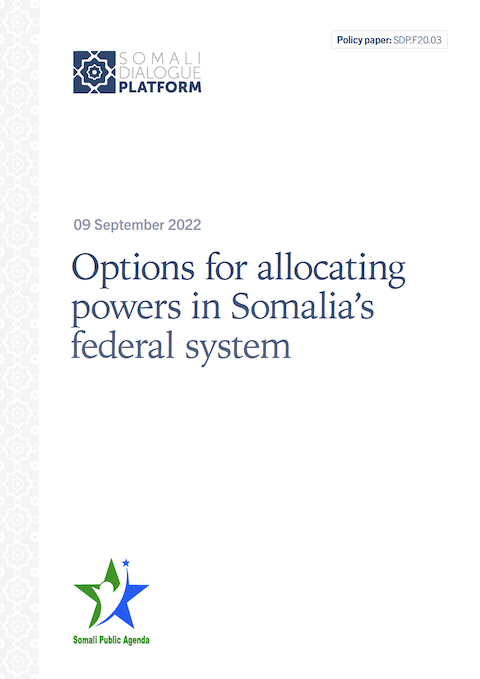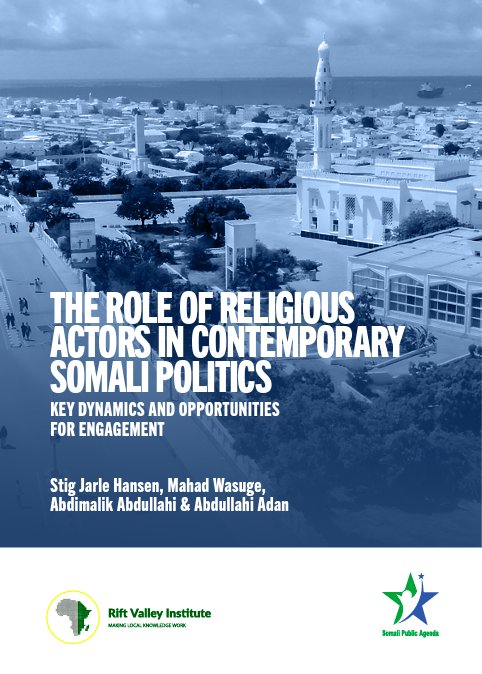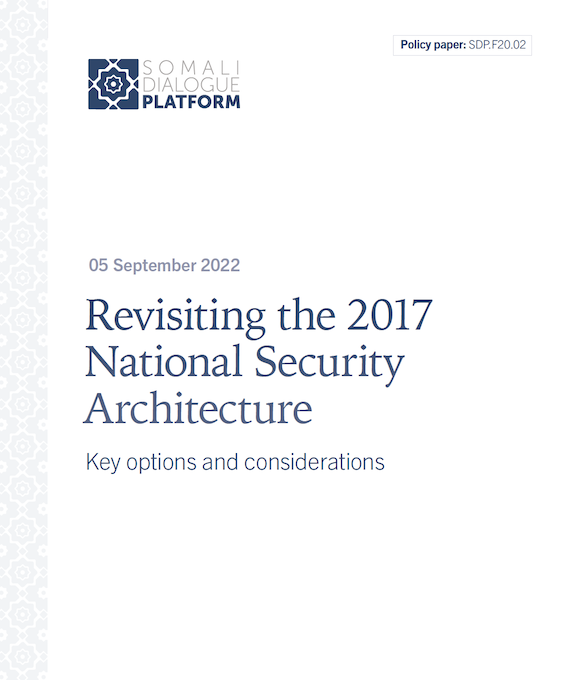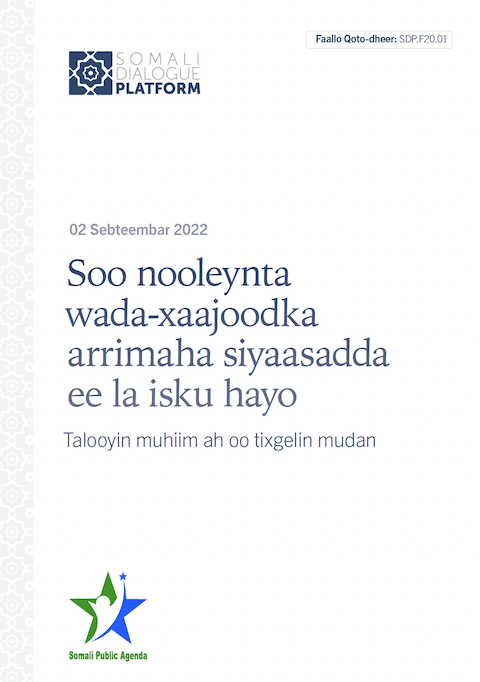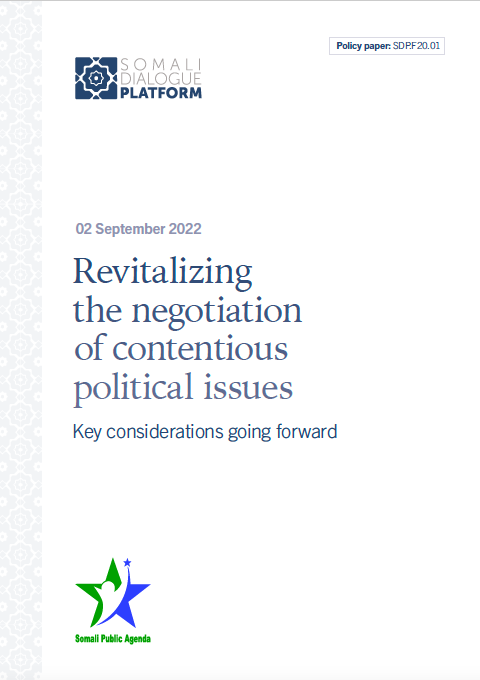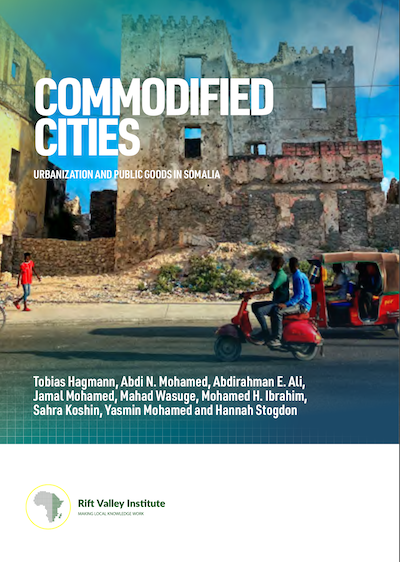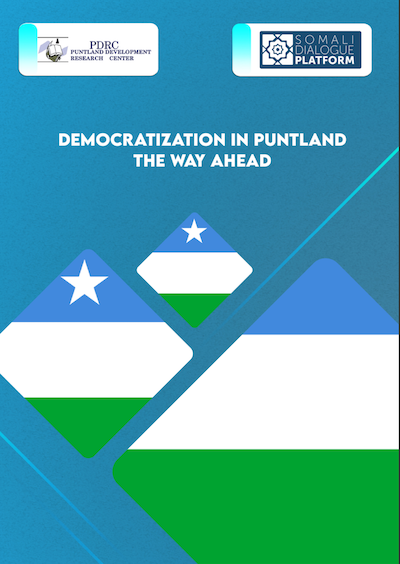The unresolved status of Mogadishu is one of the key outstanding issues in Somalia’s political settlement. Since 2012, Somalia has made progress in clarifying its federal model through the establishment of Federal Member States (FMS) and efforts – albeit…
RVI publishes books, research reports, research papers, briefings and meeting reports in a range of formats. Publications cover policy, research, arts, culture and local knowledge in the countries of eastern and central Africa. Research publications—books, reports and papers—are peer-reviewed. Some RVI publications are also available in French and/or Arabic.
The RVI is a signatory of the Budapest Open Access Initiative (2001); all publications are free for download in PDF format under Creative Commons licences. The views expressed in books and reports published by the RVI are those of the authors, not the Institute.
SEARCH
PUBLICATION TYPE
LANGUAGE
REGION
COUNTRY
Somalia first formally adopted a federal model in 2004 with the establishment of the Transitional Federal Charter. Since then, it has been deepened and clarified with the adoption of the Provisional Federal Constitution in 2012 and the subsequent formation…
Somalia formally adopted a federal system in 2004 with the establishment of the Transitional Federal Government. This model became more established in 2012 with the ratification of the Provisional Federal Constitution (PFC), which clarified many critical areas of Somalia’s…
Religious actors play an important role in Somalia’s political landscape. Since the collapse of the Somali state in 1991, they have also demonstrated strong staying power when many non-religious actors have come and departed all too quickly. For many…
Over the past decade, there have been several important gains made with Somalia’s state-building process, notably the establishment of a Federal Government following the endorsement of the Provisional Constitution in 2012. This was followed by the formation of Federal…
Tobankii sano ee la soo dhaafay, horumarro la taaban karo ayaa laga sameeyay xaaladda siyaasadda Soomaaliya, oo ay kamid tahay dhismihii Dowladda Federaalka Soomaaliya ee sanadkii 2012 kadib markii la ansixiyay Dastuurka Federaalka Kumeelgaarka ah. Dowladaha xubnaha ka ah…
Over the past decade, significant progress has been made in Somalia’s post-conflict trajectory, including the formation of the Federal Government of Somalia (FGS) in 2012 following the endorsement of the Provisional Federal Constitution. Federal Member States (FMSs) were formed…
Urbanization in the Somali territories is transforming Somali society in multiple and profound ways, with the growth of urban centres and networks paralleled by new patterns of accumulation, investment, redistribution, inclusion and exclusion. While the perilous fragility of Somalia’s urban…
This policy brief seeks to analyse the progress and challenges of Puntland’s democratisation process and, in so doing, help Somali and international stakeholders maintain momentum towards credible and peaceful elections. The policy brief provides an overview of TPEC III…
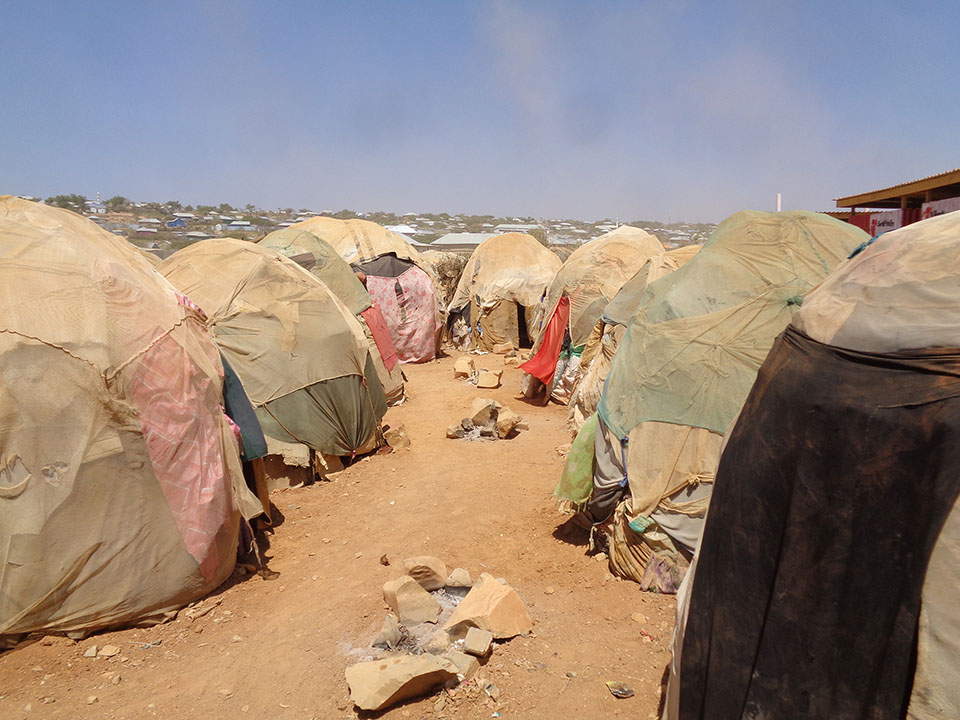
- By Mustafe M. Abdi
- Download
This blog is the third in a series published by the Rift Valley Institute to help understand the causes of the drought-related crisis in the Somali regions of the Horn of Africa. It is a product of the UK government’s XCEPT…
Recent Publications

Political Economy of Cash and Markets in Sudan
February 27, 2026
The research provides a snapshot of the war in Sudan in the period from February to April 2025. However, the war is dynamic, with political alliances and territorial control changing. The April 2023 conflict between the Sudan Armed Forces (SAF)

Rethinking Ethiopia II: Youth and politics
February 26, 2026
Seminar report Rethinking Ethiopia, a collaborative essay competition initiative between Addis Ababa University’s Institute for Peace and Security Studies (IPSS) and the Rift Valley Institute’s (RVI) Peace Research Facility (PRF), offers a platform for Ethiopian youth to express their ideas

2025 Year in Review
February 16, 2026
The 2025 Year in Review provides an overview of the Rift Valley Institute’s work over the past year across eastern and central Africa. The report highlights RVI’s research and publication outputs, education and training activities, and public forums and convenings,

